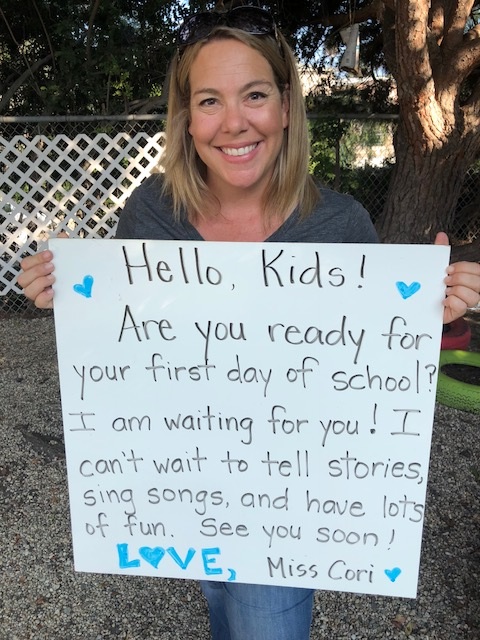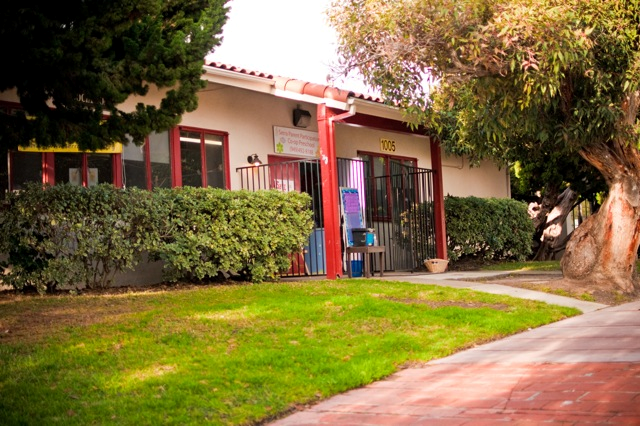Executive function skills are cognitive skills such as impulse control, multi-tasking, following multi-step directions, remaining focused, and avoiding distractions. Executive function (EF) is a trait that begins in infancy and continues to develop through adolescence.
An interesting aspect of EF is that it tends to transfer from one situation to the next. A child who learns to self regulate in the classroom will also find it easier to self regulate on the soccer field. There are many facets to executive function and its helpful to think of a child on a continuum, rather than having or lacking EF. Definitions of EF are broad and diverse, but these are some common characteristics of executive function:
- Inhibition – can think about consequences before acting
- Self-regulation – can stop oneself from inappropriate behavior
- Initiation – starts new tasks independently
- Organization – can organize thoughts as well as materials
- Planning – can think through steps and prioritize
- Time Management – predicts how long things will take and works at appropriate speed
- Adaptability and Flexibility – is able to shift focus and adapt strategies
- Working memory – the ability to keep information in your mind in order to carry out a task
- Multi-tasks – can deal with several things simultaneously
- Self-awareness – chooses a level that is not too difficult or too easy- asks for help when necessary
- Emotional-control – is aware of and can manage feelings
- Focus – can attend to details and avoid being distracted
- Self-monitoring – can reflect on one’s work and evaluate performance
- Delayed gratification – resists immediate reward for larger reward later.
Does this sound like a student who will be successful, socially and academically? The student who can multi-task, work independently, get along with others, follow directions, enjoys learning, follows the rules and procedures, etc. It also sounds like a job description for “Employee of the Month.”
In a preschool classroom where play is encouraged, especially “social play,” is where children learn to regulate themselves and begin to build and take on all the executive function skills. When children engage in social or dramatic play they must remember their own role and the role of others. They have to stay in character during the play. As the play unfolds, they make adjustments to what they do and say.
It’s rather frustrating that every expert on EF emphasizes the importance of play, while increasingly play is disappearing from our classrooms and children’s lives.
At Serra Preschool when people come to visit they often ask me about Kindergarten readiness. This is the answer I give, “At this school kids learn how to be a student”.
If you think about all the opportunities kids have to “play” at Serra you can begin to see how play develops the executive function characteristics.
Something we have been talking about for awhile now is how to talk and respond to the kids and the reasons why we do not use the phrase “good job”. By talking to and engaging the kids in a more thoughtful way, we strengthen their executive function skills by listening carefully and providing feedback by reflecting on what we see happening. We offer ideas and props to extend their play and we challenge children to use their imaginations and problem solving skills.
We offer songs, stories, performances, dress-up, dramatic play props (like the pirate ship, or currently the harvest market) and stop-and-go games and games where the kids have to take turns. Persisting at a task even when it gets frustrating and experiencing the thrill of accomplishment. Waiting for a turn and finding something else to do while waiting. Listening and thoughtfully giving a response in context. Being part of a conversation. Following the procedures of school or the rules. Taking care of each other. Making amends when you have hurt someone.
I could go on and on, but I think you get the big picture. I really think almost everything we do at school promotes the development of executive function skills. Remember this is something the children will be working on for many years and it started when they were born. When you are wondering about the lack of more formal academics you could instead think of what those kind of activities might be replacing. Thanks for being part of your child’s preschool experience and for trusting me to be your child’s teacher. We are off to a fantastic beginning!
Mrs. Nowicki




